Analysis of “Immense Healing Begins When We Heal the One We Harmed the Most”
In today’s SFZ, healing often begins by facing a hard truth: we hurt ourselves the most. As How Al-Anon Works suggests, self-inflicted harm can be deep and lasting. The text urges us to write our own name on the amends list, recognizing that recovery requires self-love and compassion. Brené Brown supports this view, stating that vulnerability is necessary for healing. Healing demands honesty and courage—not shame.
The It Works, How & Why text discusses how addicts often misunderstand the harm they cause themselves. Some deny all blame; others take on too much. This confusion fuels shame. Talking with others in recovery can reveal the truth, offering clarity. Carl Jung, a pioneer in psychology, argued that shadow work—facing parts of ourselves we hide—leads to wholeness. Recovery mirrors this work.
Mitch Albom poetically warns that anger and hate poison us. The idea echoes Buddhist philosophy: holding onto pain only increases suffering. Forgiveness is freedom.
The questions of power and leadership arise in recovery, too. The Big Book asks who runs A.A., highlighting its unique structure. Overeaters Anonymous provides the answer: no one person leads. Instead, a Higher Power guides. This reflects Lao Tzu’s teaching that true leaders lead without control.
John Quincy Adams said true leadership inspires others. This aligns with recovery principles: lead by healing, not authority.
The message is clear, at its heart: healing begins when we forgive ourselves and walk in love, not fear.
Mobile Recovery Spiritual Solutions You can Count ON!


Leave a Reply